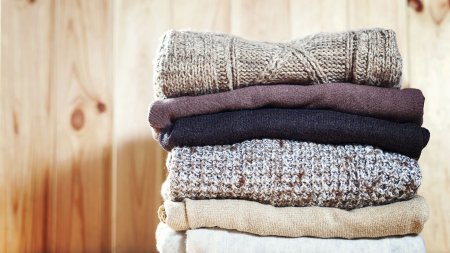Experts talks
Five good reflexes to have with atopic skin
Practical advice to space out eczema flare-ups: hygiene, diet, environment, itching & irritation, sport

Experts talks
Practical advice to space out eczema flare-ups: hygiene, diet, environment, itching & irritation, sport
No intensive cleaning, scrubbing, irritation, soaking in the water and perspiration. Atopic skin performs poorly as its barrier role is more permeable than normal skin and is more prone to letting environmental allergens in. Anything that can impair the skin's barrier role can trigger an eczema flare-up such as strong cleaning, soaking, long baths…



While diet is not a cause of atopic dermatitis (commonly called atopic eczema), paediatricians nonetheless recommend a few basic principles.



As the direct interface between the body and the exterior world, your child's skin is very sensitive to his/her environment. And because their skin's barrier function isn't very effective, his/her atopic skin is more permeable as it lets in all the air's particles, resulting in the skin to react strongly to all kinds of stresses.
'It is important to realise that clothing rubbing on skin is one of eczema's main triggers,' Dr Bourrel-Bouttaz underlines.

Cold is your child's biggest enemy! Be sure to moisturise your child's skin well throughout the winter. According to Dr Magali Bourrel-Boutaz1, '90% of atopic skins do better in the sun.' But remember, too, that direct sun exposure for children under three years old is not advised. For older children, enjoy the sun in the morning and in the later afternoon, with a 50+ SPF sunscreen.


A child with atopic skin isn't necessarily more sensitive than one without. Stress hormones spread through the skin in the same way with everyone, atopic skin or not. However, not providing treatment for your child, or constantly telling her that she is nervous, will decrease her resistance and make her more susceptible to stress,' explains Dr Bourrel-Bouttaz.
Facing chronic discomfort, an atopic baby cries more often than normal, including at night, to express her irritation. The constant trial and sleep difficulties can also be a source of anxiety for your child, and she will need you to reassure her and make her feel safe and secure. It is also likely that you too will be distraught and tired. This is a situation where consequences will be felt by the whole family.
Hang in there, despite the stress… You're working hard to keep your child calm and make family life as normal as possible. And you're right! Your immense efforts help your child in the best way possible to get through this rough period. Even better, you're teaching him how to confidently face other kinds of adversity later in life. Keep at it! You have supporters all around you to help out.
Create a gently reassuring environment. Stress and immunity are linked, and the former has been shown to favour the development of eczema in some studies2. 'That does not necessarily make it a psychosomatic disease. But a vicious circle can develop between stress and immunity,' cautions Dr Bourrel-Bouttaz3. Massages, ideal for applying the daily moisturising treatments, and skin-to-skin contact are two ways of calming your child and developing ties in a peaceful way. There's no such thing as too much!


For children with atopic skin, sports are particularly beneficial for developing social relationships and stimulating growth. Sports also helps to take children's mind off their troubles, and reduce stress. While playing, your child forgets his/her skin problems and the itching.

The main trigger factors: